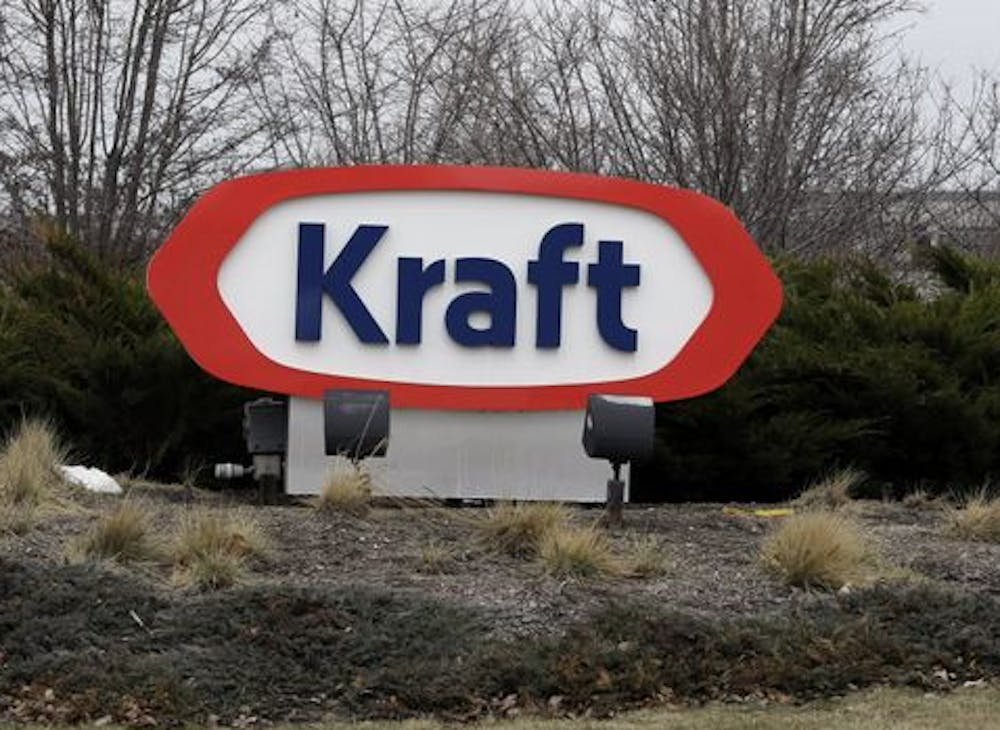By Jessica Bell
Correspondent
Kraft Heinz withdrew from its $143 billion bid to takeover Unilever on Sunday, Feb. 19, dismissing what would have been one of the largest consumer product mergers in history, CNN reported.
According to the same source, Unilever consistently said the deal undervalues its company.
“Our intention was to proceed on a friendly basis, but it was made clear Unilever did not wish to pursue a transaction," said Michael Mullen, Kraft Heinz spokesperson, according to Reuters.
Unilever’s opposition to Kraft Heinz’s bid was unexpected, Fox News reported.
According to the same source, Unilever rejected the offer on Feb. 17 possibly in response to British Prime Minister Theresa May’s aversion to foreign takeovers. Unilever is a multinational British-Dutch company while Kraft Heinz is an American company.
“The idea that U.S. companies do not hold to the same ethical or corporate social responsibility standards as European firms is something that may be magnified with the current administration's push for deregulation and their blind eye to environmental concerns,” said Karen Becker, associate professor of marketing at the College.
Differences in Kraft Heinz’s and Unilever’s corporate cultures and business models were also noted, according to Reuters.

“Kraft Heinz has amicably agreed to withdraw its proposal for a combination of the two companies," Kraft Heinz and Unilever said in a joint statement on Feb. 19, according to CNN. "Unilever and Kraft Heinz hold each other in high regard. Kraft Heinz has the utmost respect for the culture, strategy and leadership of Unilever."
Deciding against a merger can sometimes prove beneficial, especially when company cultures clash, according to John McCarty, associate professor of marketing at the College.
“Mergers do not always work and can be to the detriment of both organizations, particularly if they have very different company cultures,” McCarty said.
The possible takeover of Unilever by Kraft Heinz would have exceeded the size of the Anheuser-Busch and SABMiller deal in 2016, which was worth almost $125 billion and currently holds the title of the largest merger in the food and beverage industry, CNN reported.
Unilever’s shares rose 15 percent and Kraft Heinz’s shares rose more than 10 percent after the bid was formally announced on Feb. 17, according to The New York Times.
After the bid was withdrawn, Unilever’s shares fell 7 percent, according to CNBC.
Kraft Heinz is well-known for its brand-name ketchup and macaroni and cheese, as well as Planters, Oscar Mayer and Jell-O products, according to CNN.
Unilever, the maker of products such as Dove soap and Lipton tea, is Kraft Heinz’s rival, Reuters reported.
Investors believe Kraft Heinz is searching for another major company to merge with, Fox News reported.







